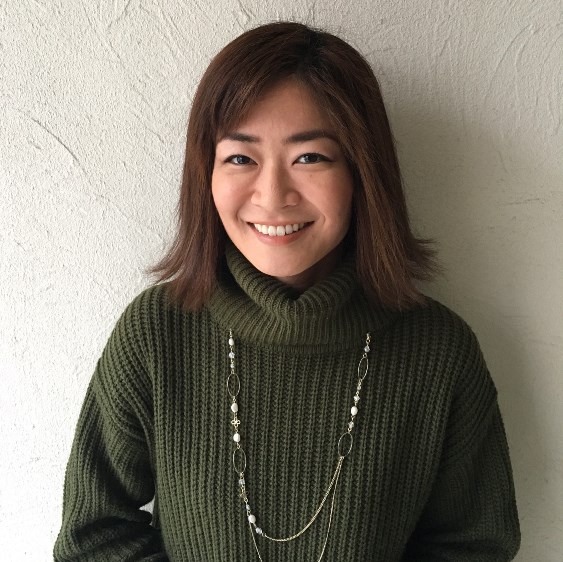日英映像翻訳者 キャッチポール若菜さんインタビュー

映画やドラマなど、日本のコンテンツに英語字幕を付ける映像翻訳者は、何がきっかけでこの道を選んだのか? また映像翻訳の魅力とは何なのか? 日英の映像翻訳者としてデビューを果たしたキャッチポール若菜さんにインタビューをしました。
◆How did you hear about the JVTA Japanese-to-English translation course, and why did you decide to take it?
I was always curious about Japanese-to-English subtitling but back then, I couldn’t find any schools that offered such courses. Also since I am a Japanese native, I felt like I should be pursuing English-to-Japanese subtitling as a profession. When I started looking for an E-to-J subtitling course, I found JVTA among other translation schools and found out that they also offer a J-to-E course. In JVTA’s orientation, they made me realize that because I am a Japanese native, I understand the source language thoroughly. It gave me more confidence and was the last push I needed to sign up for the course.
◆What was your impression of the JVTA classes and homework?
It was fun and very encouraging. I took English-to-Japanese translation course the previous year, so I felt this course was less intense.
◆What opportunities has studying at JVTA given you?
JVTA has been giving me opportunities to gain experience and expand my professional network. My first translation job from JVTA was an anime script translation. I was paired with another translator, and the deadline was more than feasible. I couldn’t have started so well if I had been looking for my first job on my own.
I often meet experienced translators who are also JVTA graduates. I keep in touch with them, and they often help me by giving me tips or sharing their thoughts when I encounter any problems.
◆Who would you recommend the course to?
I would recommend the course to those who love languages and watching TV shows, films, and reading manga etc. Even if your first language is not English, if you love English shows and are familiar with them, you might be good at translating from your native language into English.
◆Did you have any previous translation experience before taking the course?
Yes. I worked as an interpreter in the entertainment field, and also translated video/audio materials from English to Japanese.
◆What is it like working on projects for JVTA while also having a full-time job?
Total madness. I was working full-time, working on projects from the classes, and taking care of two small children. I hugely thank my husband for understanding and helping me with housework and taking care of the kids, etc. Since my time was very limited between my job and family, I used Google spreadsheet on iPad and worked on the project during my commute and lunch break. I worked on the project after my kids went to bed at night as well.
◆Are you thinking of a future career in translation?
Yes, I certainly am. Including interpreting, I believe translation skills get better with time. I also believe that with this career, I can virtually go anywhere while securing my income. So, I’m certainly planning to stick to this career for as long as I can.
★JVTAでは英語字幕の体験レッスンを開催しています。
詳細・スケジュールはこちらをチェック!
https://www.jvta.net/tyo/je-taiken/
https://www.jvta.net/tyo/starting-your-visualmedia-translation-studies/
















